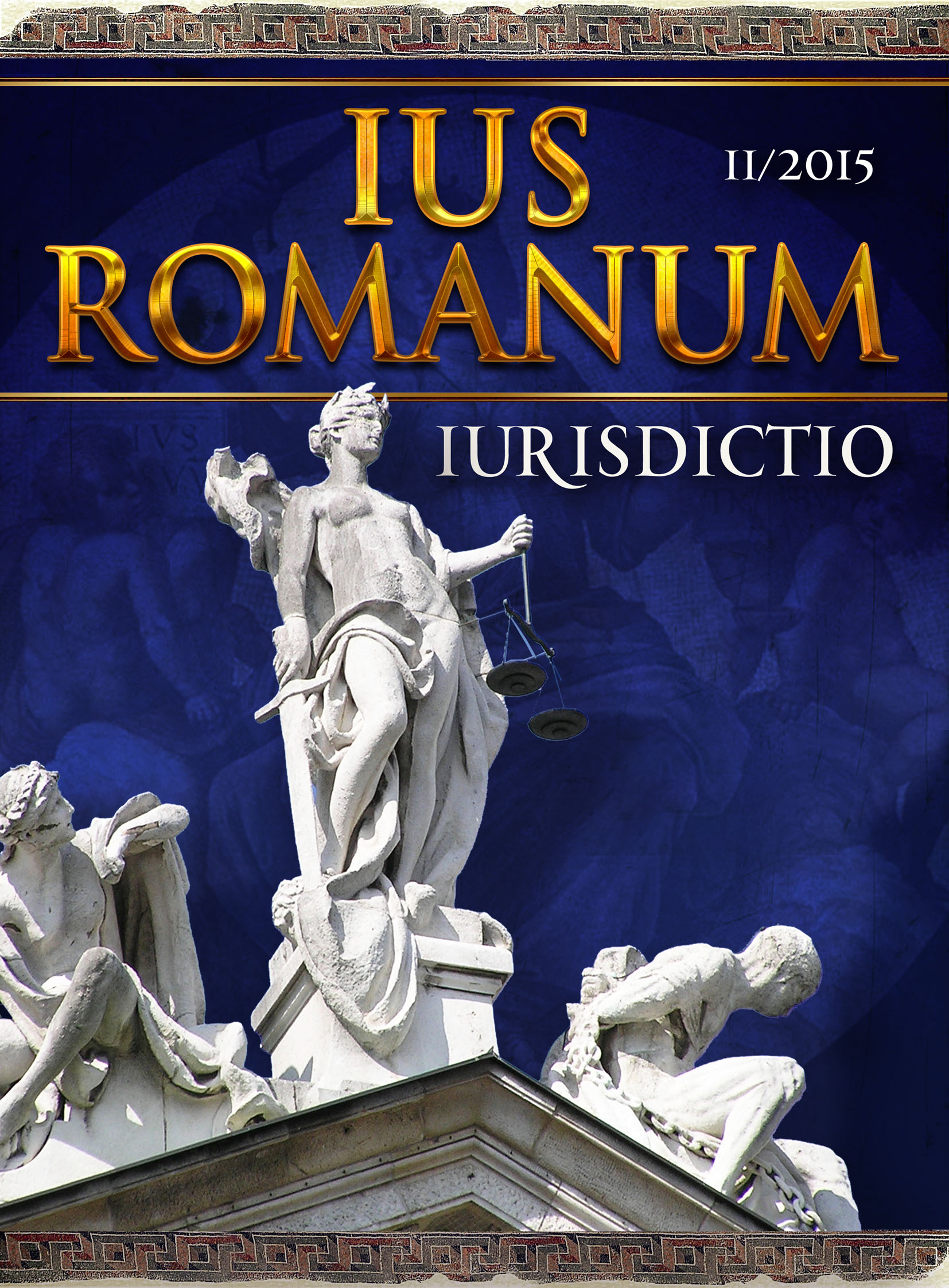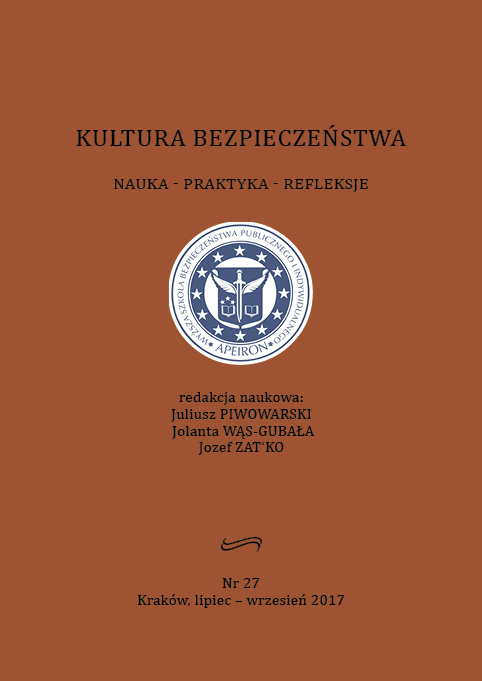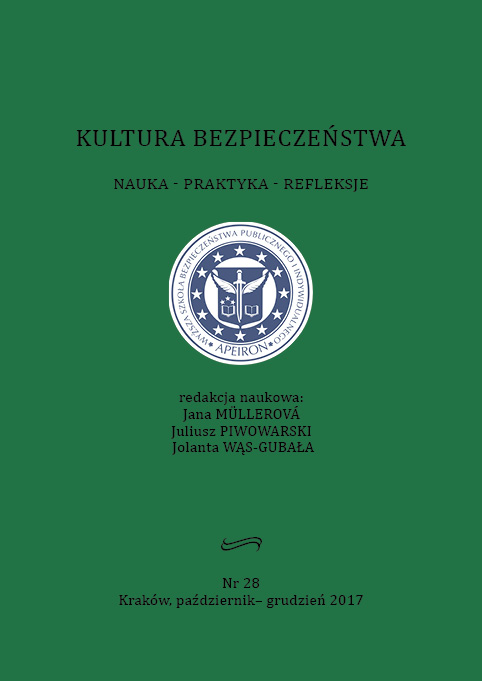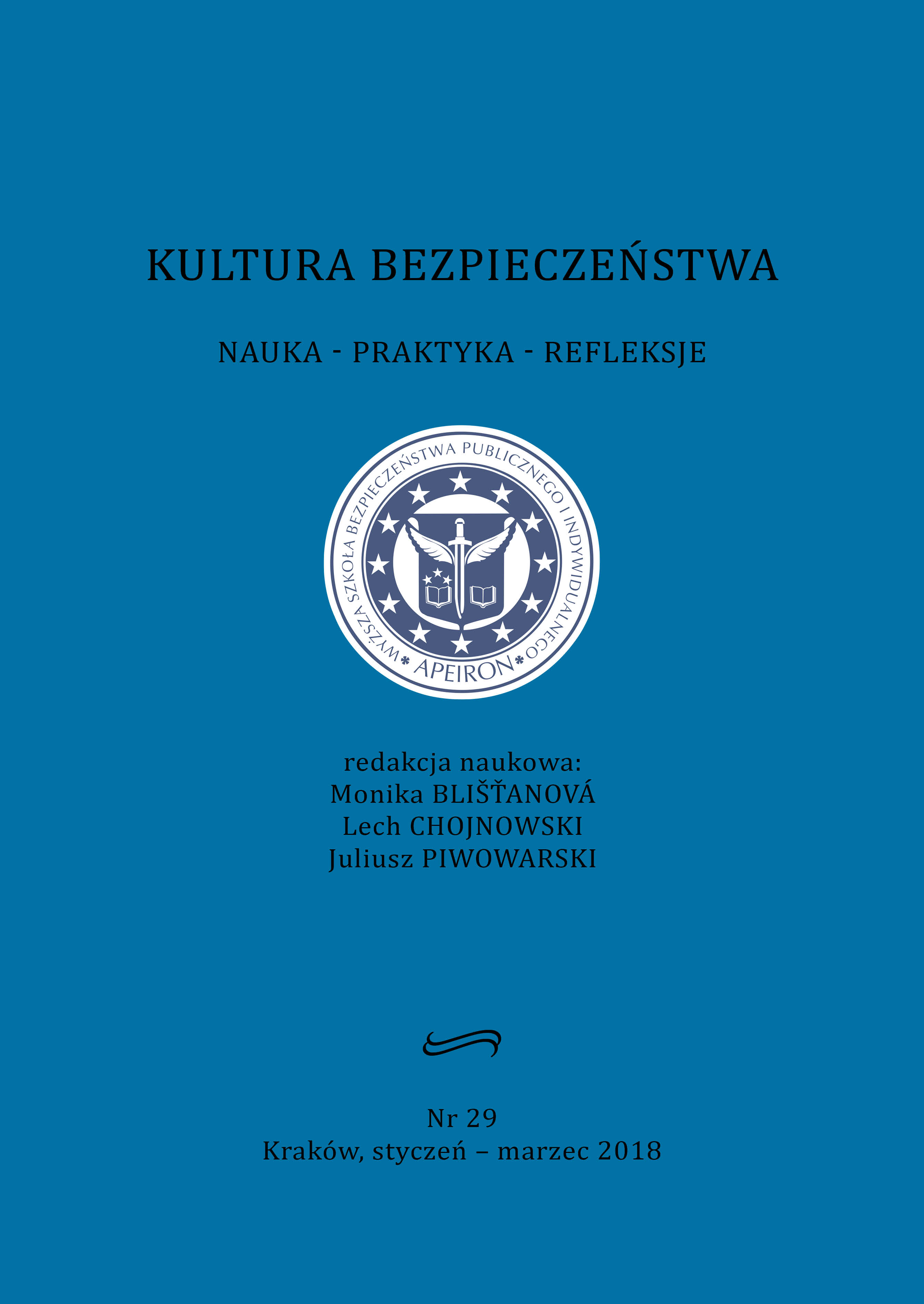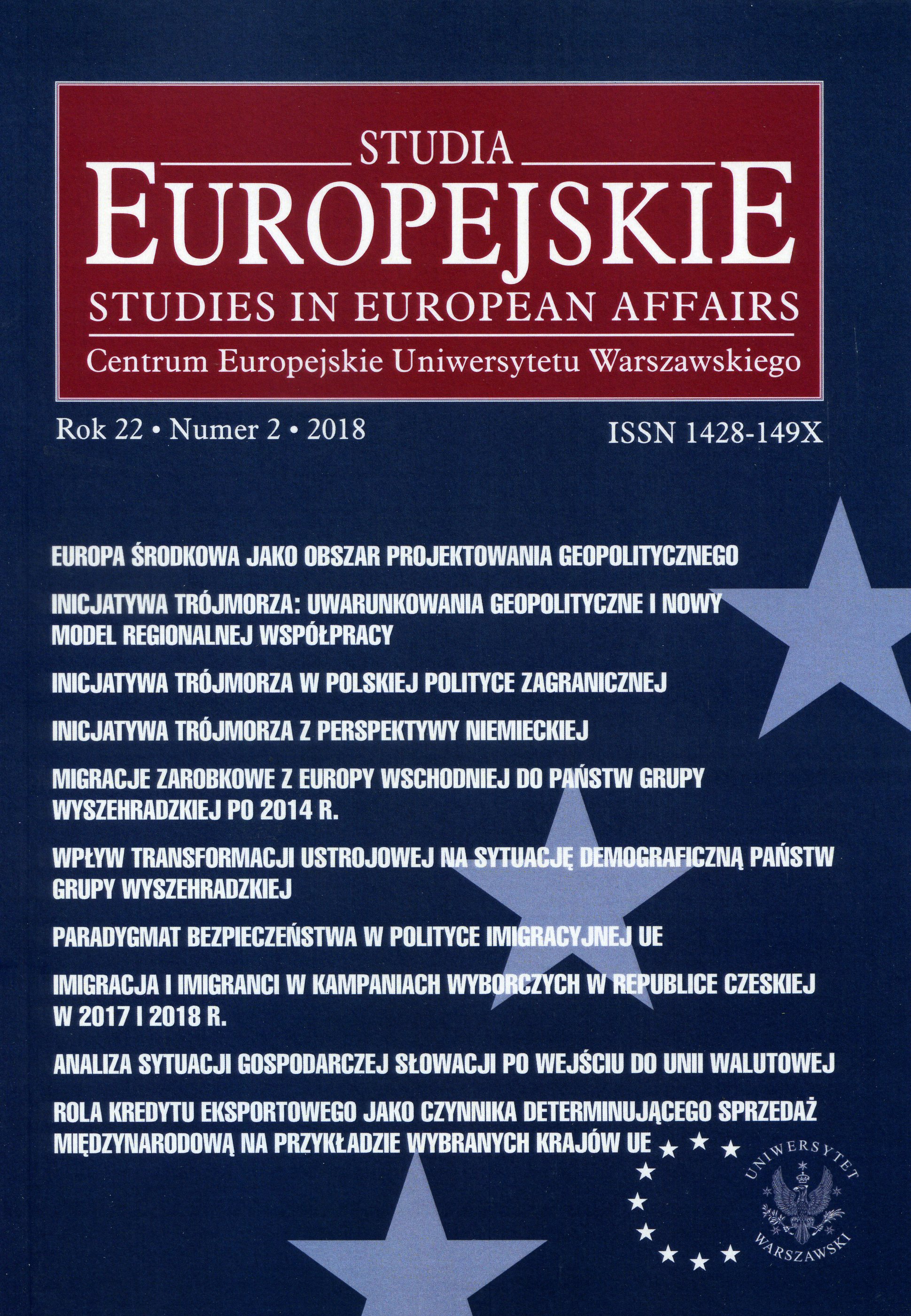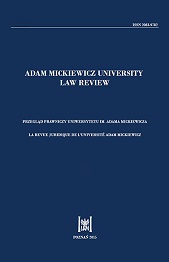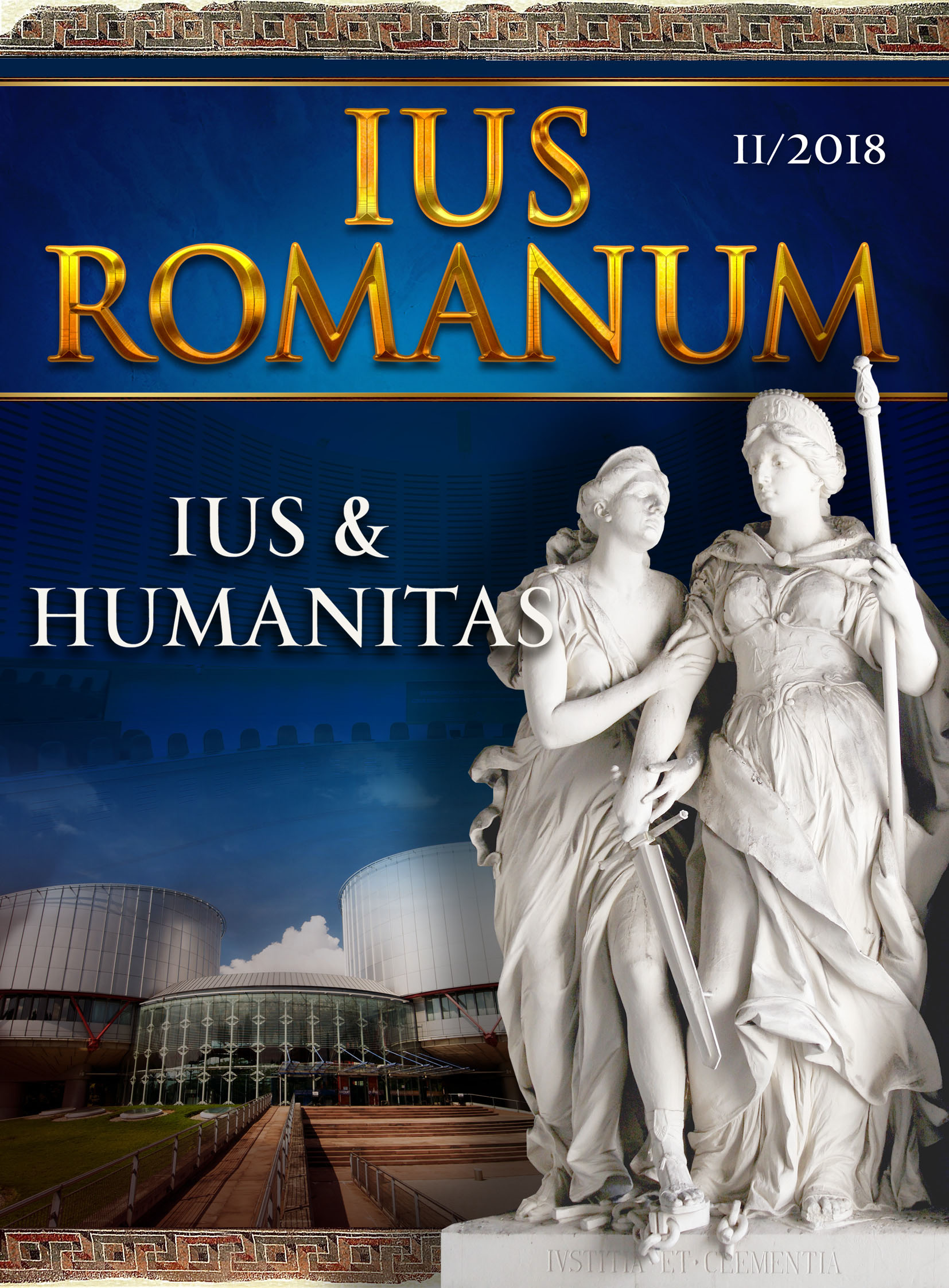
Правото да бъдеш забравен в решението на съда на ЕС по казуса Google Spain
In May 2014 the ECJ delivered a judgment on the Google Spain case (C-131-12), aimed to clarify the application of Directive 95/46/EC on data protection in the context of the activities of internet search engines. The ECJ judgment provoked a wide response and divergent reactions both in the EU and beyond, due to its importance for the regulation of Internet. The main question that arises is whether it is a prerequisite for finding a fair balance between the right to privacy of individuals, freedom of expression, access to information and other legitimate interests of the persons on the web. The article analyzes ECJ judgment on Google Spain case in the context of EU data protection policy, focusing on the challenges associated with its implementation.
More...
